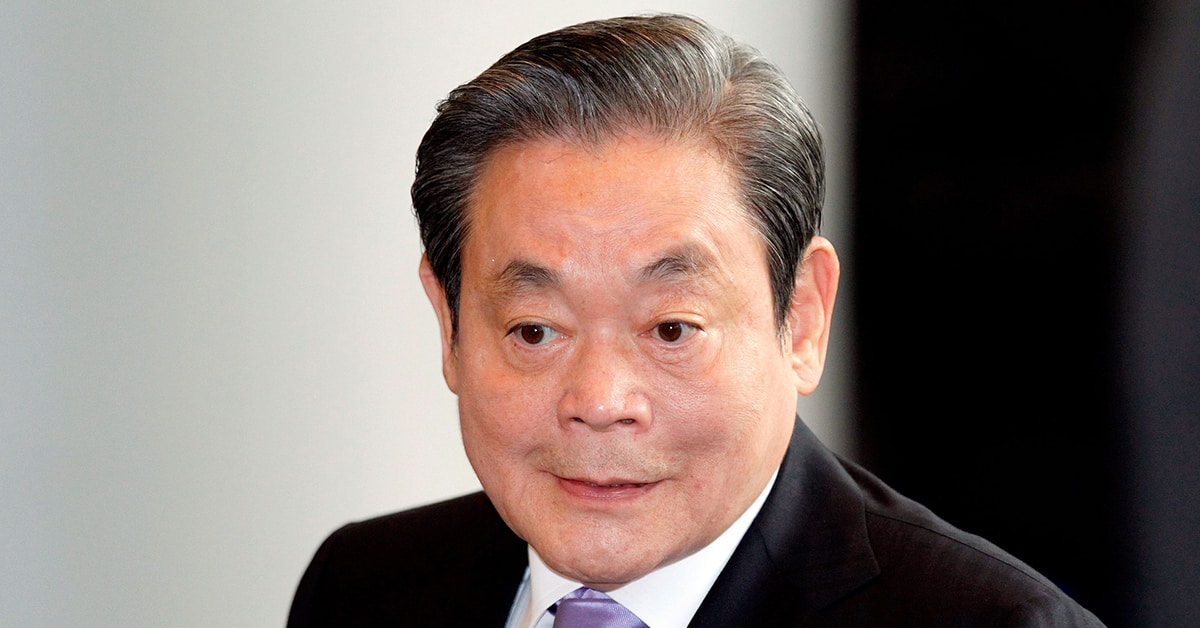The passing of the man who transformed Samsung fromsmall trading business intotech giant inaugurates a new era.

He inherited a small trading business from his father and transformed it into a tech giant. With the death of Samsung Chair Lee Kun-hee last month, investors hope for a shake-up at the top of the family-controlled South Korean conglomerate, which has been beset in recent years by commercial mishaps and corruption.
The patriarch, who had been hospitalized since a heart attack in 2014, was born in Daegu, south of Seoul, in 1942. Four years earlier, his father had opened a grocery store; after the Korean War, it provided a basis for expansion into textiles and construction. Samsung did not enter electronics until 1969. When Lee Kun-hee became chairman in 1987, the company was known for mass-producing low-quality devices. His decision to invest in research and development paid off handsomely.
Yet the future of Samsung looks uncertain. Lee’s heirs face an estimated estate tax of $10 billion, which they will likely cover by diluting their stake. In the meantime, his son, Lee Jae-yong, who has managed Samsung since 2014, is awaiting trial for fraud connected with a merger deal.
The passing of Lee Kun-hee sheds unprecedented light on South Korea’s largest chaebol, as its powerful family-run businesses are called, says Chris Rowley, professor at the University of Oxford’s Kellogg College.
“He created the global technology titan and maker of memory chips, smartphones and electronic displays,” says Rowley, “which also built the world’s tallest tower in Dubai, is the world’s third-largest shipbuilder and has interests in theme parks, insurance and other industries.” Yet the company is already being “squeezed from both ends” Rowley says, “from cheap Chinese producers of commoditized products at the bottom and innovative, high-value added producers, such as Apple, at the top.”
Samsung’s trajectory will remain deeply intertwined with South Korean cultural and institutional values: “not only ‘palli-palli’ [faster, faster] and hard work, but also loyalty and a top-quality education,” says Rowley. If Lee’s heirs can combine these with greater skills for innovativeness, Samsung can continue to thrive.



